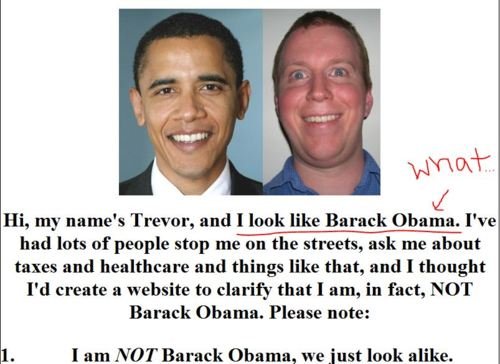Gary North
I like how he wrote a "long" article about Ponzi schemes and history, but didn't actually mention Charles Ponzi.
edit : Actually he mentioned him once, but didn't really explain what he did or anything.
Do you normally not use apostrophes and I've just never noticed before?
I like how he wrote a "long" article about Ponzi schemes and history, but didn't actually mention Charles Ponzi.
edit : Actually he mentioned him once, but didn't really explain what he did or anything.
Yet when you buy it, you dont buy it because you want to do something industrial or medical with it. Most people dont even buy gold. They buy a gold ETF. Which is theoretically exchangeable for gold but practically, if shit ever went that sour, theyd just not exchange it. Stocks are the same. Dont tell me anyone who trades in stocks wants (partial) control of the company.
Its cute. All the ways people fool themselves. dont buy coins and youve got nothing to worry about. By not buying coins, youre short coins. Youre short gold. Youre short everything you dont buy. If you cant liberate yourself from the idea that dollars are that one and only measurement of your accumulated wealth, trading anything isnt for you.
LukeP is probably counting his worth in coins. To him, the dollar price doesnt matter. Hes seeing the amount of coins hes got. And youre calling him a whackjob. But thats no different from putting a dollar price tag on everything you own. Hes bought the idea that bitcoin will become the worlds reserve. You dont. Maybe youre right, but youre doing the same thing.
Do you normally not use apostrophes and I've just never noticed before?






